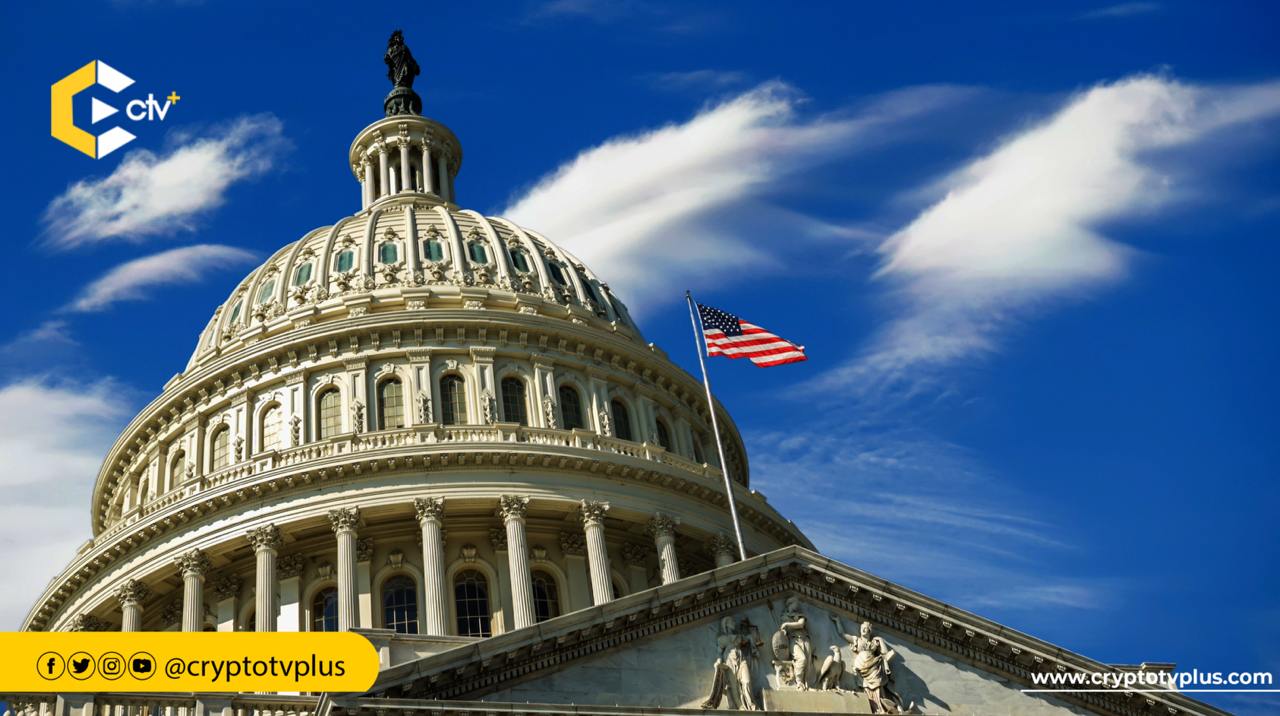News
House Committee approves STABLE Act to regulate stablecoins

The US House Financial Services Committee approved the STABLE Act on April 2, 2025, moving it one step closer to becoming law. The committee voted 32-17 in favor of the bill, which now heads to the full House of Representatives for a final vote.
Stablecoins, digital currencies linked to the US dollar such as Tether (USDT) and USD Coin (USDC), play a key role in cryptocurrency trading. The STABLE Act introduces strict regulations for stablecoin issuers, requiring them to follow banking laws, maintain sufficient reserves, and disclose financial details.
The US STABLE Act (Stablecoin Tethering and Bank Licensing Enforcement Act) was introduced in December 2020 by Democratic lawmakers to regulate stablecoins more strictly. It aimed to ensure that private entities issuing stablecoins, such as Tether (USDT) and USD Coin (USDC), complied with traditional banking laws to protect consumers and maintain financial stability.
The bill proposed that any company issuing stablecoins must obtain a banking license, meaning they would have to follow the same regulations as traditional banks. It also required stablecoin issuers to secure approval from federal regulators like the Federal Reserve and the FDIC before launching or circulating new stablecoins.
Additionally, issuers would need to provide deposit insurance or hold reserves at the Federal Reserve to ensure their stablecoins were fully backed. These measures were intended to prevent stablecoins from creating systemic risks or enabling shadow banking outside government oversight.
Bill to give US edge in the digital assets economy
Republican lawmakers, led by Committee Chairman French Hill and Representative Bryan Steil, advanced the bill. They argue that regulating stablecoins strengthens the U.S. financial system and reinforces the dollar’s dominance. Hill emphasized that these regulations will help the U.S. maintain leadership in digital finance.
While some Democrats supported the bill, others, like Representative Maxine Waters, opposed it. Waters raised concerns that the legislation might not provide adequate consumer protection.
Meanwhile, the Senate is reviewing a different stablecoin proposal, the GENIUS Act. Lawmakers need to reconcile the two bills before sending a final version to the president.
If both chambers approve the bill, President Donald Trump could soon sign it into law. Supporters believe this regulation will enhance trust in stablecoins and reinforce the US as a global leader in cryptocurrency.
























